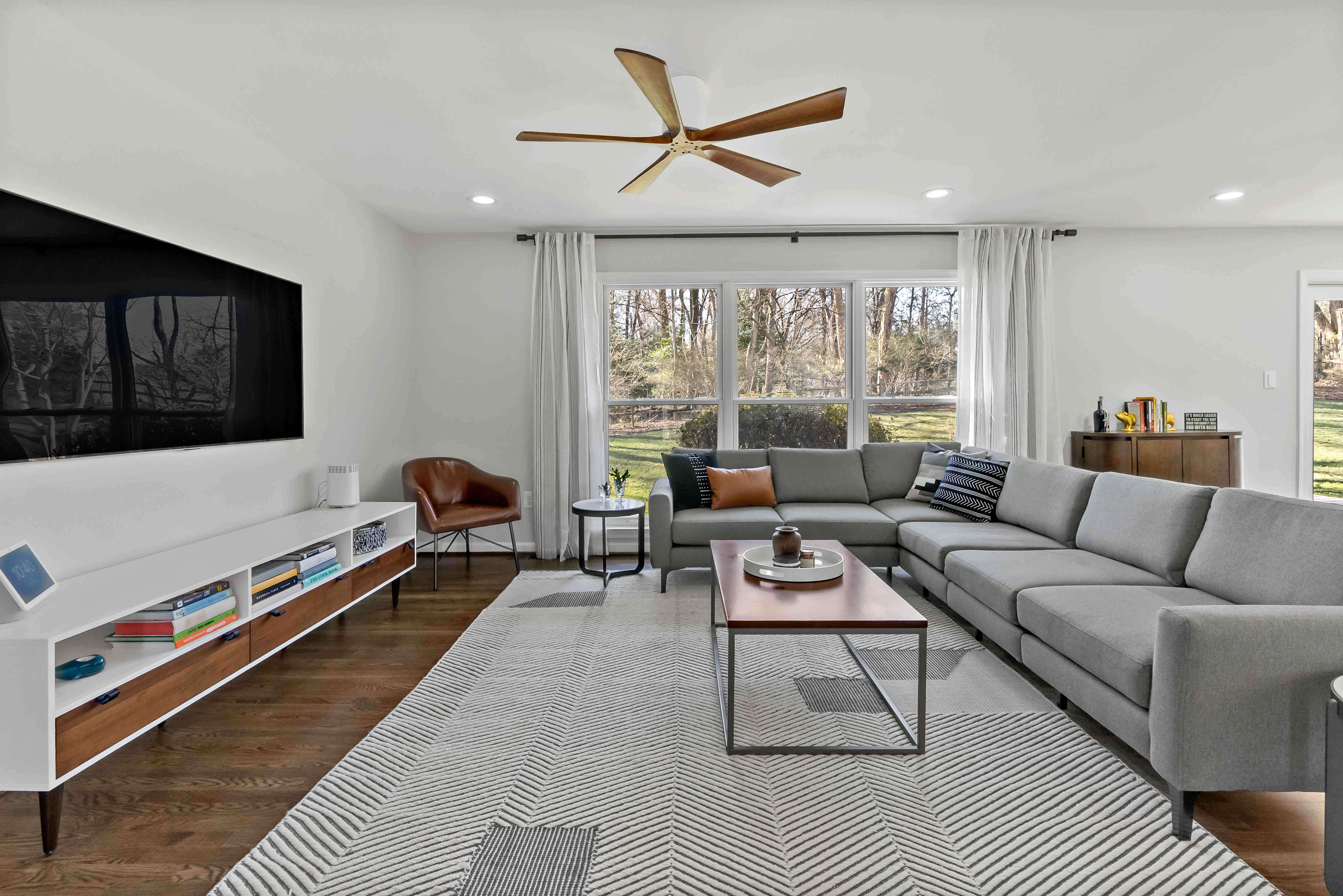
Questions to Consider Before Embarking on a Home Remodel
Embarking on a home remodel can be an exciting and fulfilling project. However, it is essential to consider several questions before diving into the process. Understanding the purpose of your remodel, evaluating your budget, choosing the right professionals, planning for the unexpected, and considering the impact on your lifestyle are all crucial factors that should not be overlooked. In this article, we will explore each of these areas in detail to help you make informed decisions and ensure a successful home remodel.
Understanding the Purpose of Your Home Remodel
When starting a home remodel, it is essential to have a clear understanding of why you want to undertake this project. A home remodel can be a significant investment of time, money, and energy, so it's crucial to have a well-defined purpose in mind.
One common reason for a home remodel is to improve the functionality of your living space. Perhaps you find that your kitchen is too small and lacks the necessary storage and counter space for your culinary adventures. Or maybe your bathroom is outdated and in need of modern fixtures and improved layout. By identifying specific areas of your home that need improvement, you can focus your efforts and resources on those particular spaces.
Defining Your Remodeling Goals
What specific areas of your home do you wish to change or improve? Is it the kitchen, bathroom, or perhaps the entire house? Are you looking to enhance functionality, upgrade outdated features, or increase the value of your property? Having a clear vision of your remodeling goals will guide you through the decision-making process and help you communicate effectively with professionals involved in the project.
For example, if your goal is to create a more open and spacious living area, you might consider knocking down walls to create an open floor plan. This can improve the flow of natural light, create a sense of unity between different areas of your home, and provide a more welcoming and inviting atmosphere for you and your family.
On the other hand, if your goal is to increase the value of your property, you might focus on upgrading key areas such as the kitchen and bathroom. These are often the rooms that potential buyers pay close attention to, so investing in high-quality materials, modern appliances, and stylish fixtures can significantly enhance the overall value and appeal of your home.
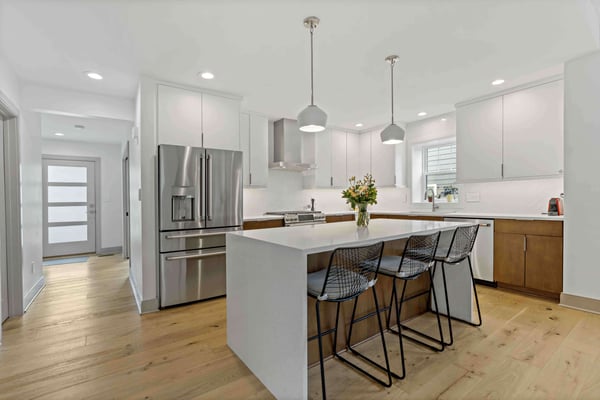
Prioritizing Needs and Wants
Everyone has different needs and wants when it comes to a home remodel. It is crucial to prioritize these factors to ensure you are making the most of your resources. Consider what aspects are essential to your daily life and what elements would enhance your quality of life.
For instance, if you have a growing family, creating additional bedrooms or a playroom might be a top priority. On the other hand, if you enjoy entertaining guests, a spacious and well-designed outdoor living area might be at the top of your list.
By prioritizing your needs and wants, you can allocate your budget and resources accordingly and create a plan that aligns with your vision. It's important to strike a balance between practicality and personal preferences to ensure that your home remodel meets both your functional and aesthetic requirements.
Additionally, consider the long-term benefits of your remodel. Will the changes you make improve the energy efficiency of your home, resulting in lower utility bills? Will they enhance the overall comfort and livability of your space? These are important factors to consider as you prioritize your remodeling goals.
In conclusion, understanding the purpose of your home remodel is crucial for a successful and satisfying project. By defining your remodeling goals and prioritizing your needs and wants, you can create a plan that not only meets your immediate needs but also enhances the overall value and enjoyment of your home for years to come.
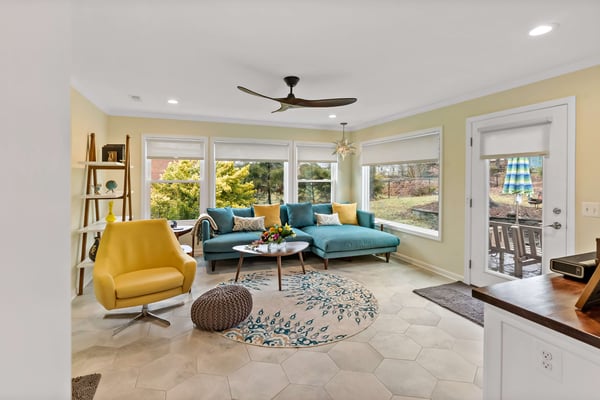
Evaluating Your Budget for the Remodel
Financial planning is a critical aspect of any home remodel. It is essential to have a clear understanding of your financial limit and ensure that your expectations align with your budget.
When it comes to determining your financial limit, there are several factors to consider. First and foremost, evaluate your savings. Take a look at how much money you have set aside specifically for the remodel. This will give you a starting point and help you gauge how much you can comfortably spend.
In addition to your savings, consider your future income. Are there any expected bonuses or raises that could contribute to your budget? It's important to have a realistic view of your financial situation not just in the present, but also in the coming months.
Furthermore, explore any available financing options. This could include home equity loans, personal loans, or lines of credit. Understanding what options are available to you will give you a better idea of how much you can afford to spend on your remodel.
While setting a budget, it is advisable to set aside a contingency fund for unexpected expenses that may arise during the remodeling process. This fund will act as a safety net, ensuring that you are prepared for any surprises that may come your way.
Determining Your Financial Limit
Evaluate your savings, future income, and any available financing options to define your spending boundaries. It is advisable to set aside a contingency fund for unexpected expenses that may arise during the remodeling process.
When determining your financial limit, it's important to take a holistic approach. Consider not only the cost of materials and labor but also any additional expenses that may arise. This could include permits, inspections, or even temporary housing arrangements if the remodel renders your home uninhabitable for a period of time.
By taking the time to carefully evaluate your financial situation, you can ensure that your budget is realistic and aligns with your goals for the remodel. It's better to be proactive and make adjustments early on rather than face financial strain or disappointment later in the process.
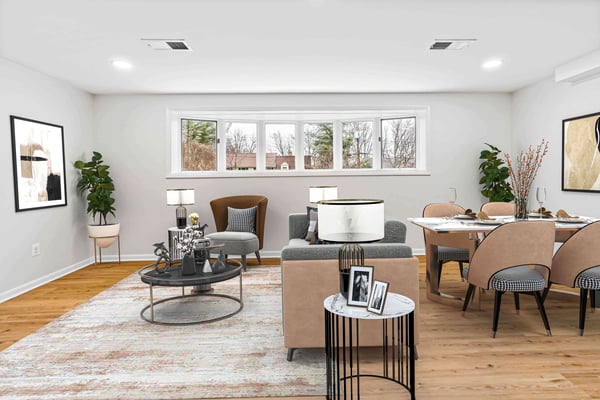
Hidden Costs in Home Remodeling
Home remodels often come with hidden costs that homeowners may not anticipate. These costs can include structural repairs, permit fees, and the need to upgrade existing systems such as plumbing or electrical.
Before finalizing your budget, it is crucial to do your research or consult with professionals to identify any potential hidden costs. For example, if you're planning to remodel an older home, it's important to consider the possibility of encountering outdated wiring or plumbing that may need to be replaced.
Permit fees are another potential hidden cost that can catch homeowners off guard. Depending on the scope of your remodel, you may need to obtain permits from your local municipality. These permits often come with fees that can add up quickly, so it's important to factor them into your budget.
Structural repairs are yet another potential hidden cost that can significantly impact your budget. When tearing down walls or making significant changes to the layout of your home, it's possible to uncover underlying structural issues that need to be addressed. These repairs can be costly, so it's important to be prepared for the possibility.
By being aware of these potential hidden costs and factoring them into your budget, you can avoid any unpleasant surprises and ensure that you have enough funds to complete your remodel successfully.
Choosing the Right Professionals for Your Project
A successful home remodel project largely depends on the professionals you choose to work with.
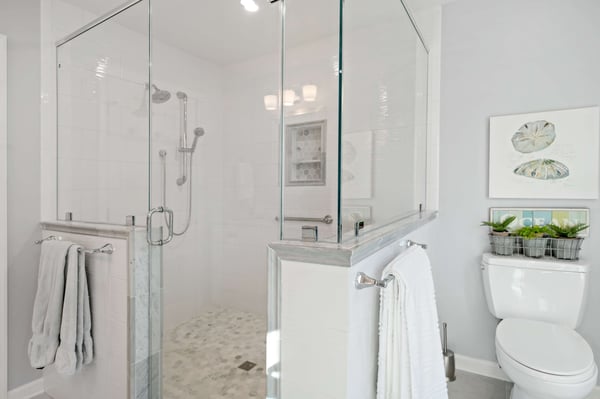
Hiring a Reliable Contractor
When selecting a contractor, consider their experience, reputation, and track record. A reliable contractor will ensure quality workmanship, adhere to timelines, and communicate effectively throughout the process.
Working with an Interior Designer
An interior designer can bring your vision to life and help you make design choices that suit your style and needs. Collaborating with an interior designer can save you time and money by providing valuable insights and expertise in space planning, color schemes, and material selections. As a design-build expert, MOSS Building & Design can offer you the full gamut of remodeling options for your home. Whether that means a three-story addition or a small "pull and push" powder room, your complete remodeling team assigned to you focuses on finding a home remodeling solution that suits your family's specific, everyday needs.
Planning for the Unexpected
Even with careful planning, home remodel projects can encounter unforeseen challenges. It is crucial to be prepared for these unexpected circumstances to minimize stress and delays in the project.
Dealing with Construction Delays
Delays can occur due to weather conditions, material shortages, or unforeseen structural issues. Stay in frequent communication with your contractor to stay informed about any delays and discuss potential solutions.
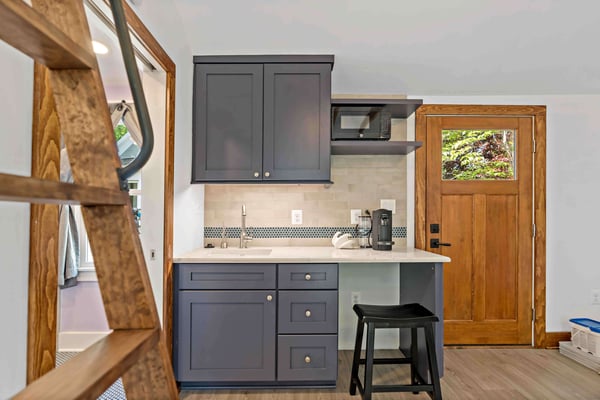
Handling Over-budget Issues
It is not uncommon for a remodel to exceed the initial budget. Having a contingency fund in place can help mitigate this issue. If you encounter over-budget issues, consult with your contractor to explore alternative options or adjust the scope of the project while still achieving your goals.
Considering the Impact on Your Lifestyle
A home remodel can significantly impact your daily life and routines. It is essential to be prepared for the temporary disruptions that may occur during the project.
Living Through a Home Remodel
Depending on the extent of the remodel, you may need to make temporary living arrangements or adjust your daily routines. Communicate with your contractor to establish a realistic timeline and plan accordingly to minimize inconveniences.
Balancing Remodeling and Daily Life
A home remodel requires time and attention. It is crucial to find a balance between managing the project and maintaining your daily responsibilities. Prioritize your well-being and allocate time for self-care to avoid feeling overwhelmed during the remodeling process.
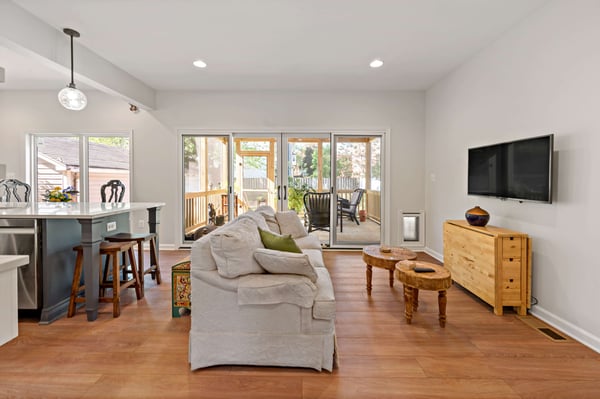
In conclusion, before embarking on a home remodel, it is essential to ask yourself these crucial questions. Understand the purpose of your remodel, evaluate your budget, choose the right professionals, plan for the unexpected, and consider the impact on your lifestyle. By addressing these aspects thoughtfully and thoroughly, you are setting yourself up for a successful and rewarding home remodel experience.
